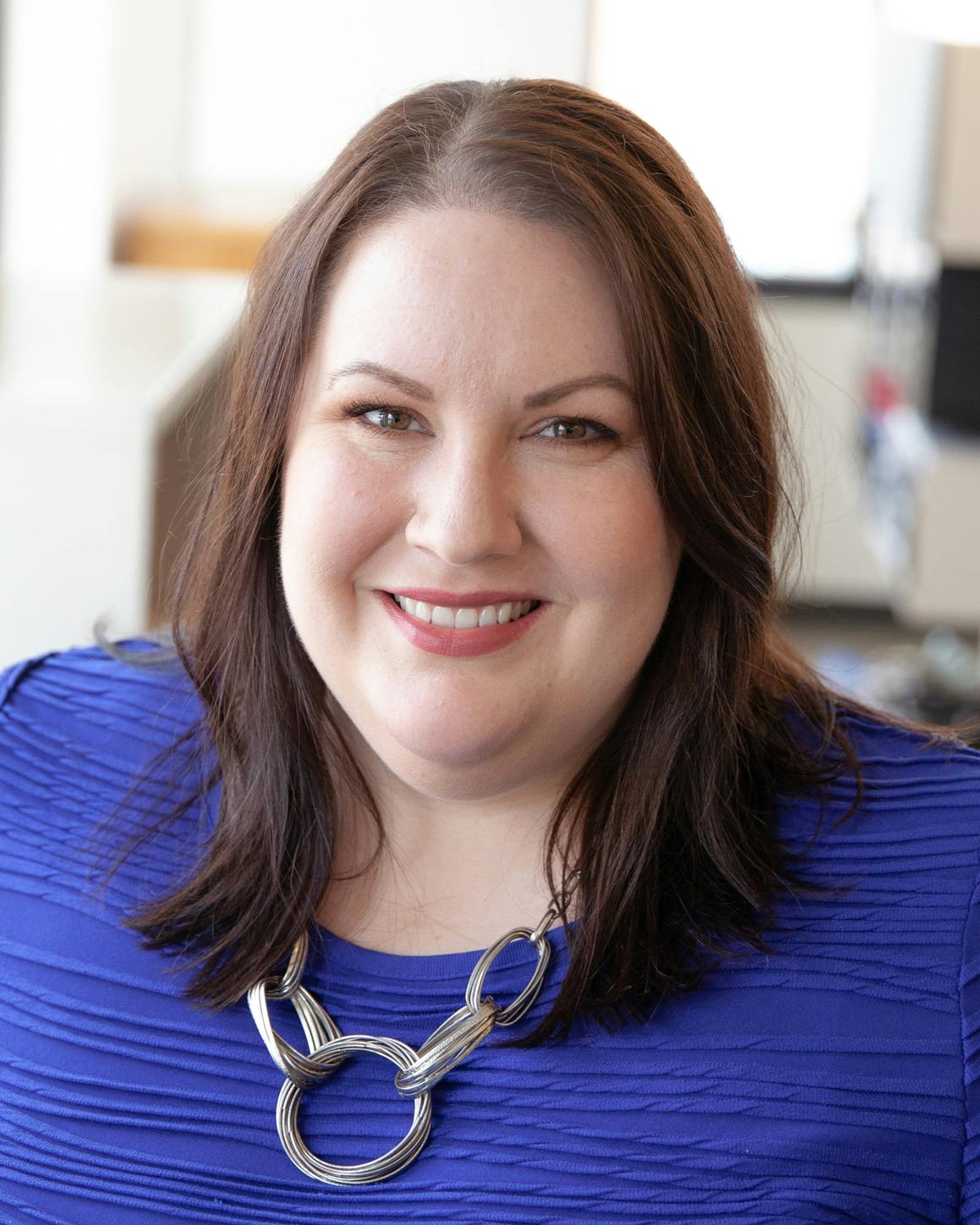2022 Budget
Consultation has concluded

Esta información está disponible en español a continuación.
Help Shape the City’s Budget
Throughout the summer and fall, there will be a variety of ways you can weigh in on your priorities for the community, as well as specific funding proposals. Even if you only have a few minutes, your input matters.
Have 1 minute?
- Bookmark this page to check back for new engagement opportunities
- Follow the City of Fort Collins on social media for the latest information throughout the budget process
Have 5 minutes?
- Click the “One Thing” tab below to tell us what’s most important to you
- WatchContinue reading
Esta información está disponible en español a continuación.
Help Shape the City’s Budget
Throughout the summer and fall, there will be a variety of ways you can weigh in on your priorities for the community, as well as specific funding proposals. Even if you only have a few minutes, your input matters.
Have 1 minute?
- Bookmark this page to check back for new engagement opportunities
- Follow the City of Fort Collins on social media for the latest information throughout the budget process
Have 5 minutes?
- Click the “One Thing” tab below to tell us what’s most important to you
- Watch one of our Budget overview videos to learn more about the process
Have 10 minutes?
- Click the “Priorities” tab below to review the City’s strategic outcomes and let us know if the pandemic has shifted these priorities for you
- Click the “Submit Your Ideas” tab below to give us your funding suggestions within the City’s strategic outcomes
Have 20+ minutes?
- Click the “Outcome Surveys” tab below to dive deeper into each outcome area and share your funding ideas to help meet your community priorities.
Want to host this conversation with your organization, friends or other group? Check out the Budget Engagement Toolkit in the Document Library for materials you can use.
Prefer to have City staff meet with your group? Email aresseguie@fcgov.com to schedule.
Ayude a determinar el presupuesto de la Ciudad
Durante el verano y el otoño, habrá varias formas en las que puede opinar sobre sus prioridades para la comunidad, así como sus propuestas de financiamiento específicas. Incluso si solo tiene unos minutos, sus comentarios son importantes.
¿Tiene 1 minuto?
- Añada esta página a sus favoritos para volver a consultar nuevas oportunidades de participación
- Siga a la Ciudad de Fort Collins en las redes sociales para obtener la información más reciente durante el proceso presupuestario
¿Tiene 5 minutos?
- Haga clic en la pestaña “One Thing (Una cosa)” a continuación para decirnos qué es lo más importante para usted
- Vea uno de nuestros videos de información general sobre el presupuesto para obtener más información sobre el proceso
¿Tiene 10 minutos?
- Haga clic en la pestaña “Priorities (Prioridades)” a continuación para revisar los resultados estratégicos de la Ciudad y hacernos saber si la pandemia ha cambiado estas prioridades para usted
- Haga clic en la pestaña “Submit Your Ideas (Enviar sus ideas)” a continuación para darnos sus sugerencias de financiamiento dentro de los resultados estratégicos de la Ciudad
¿Tiene más de 20 minutos?
- Haga clic en la pestaña “Outcome Surveys (Encuestas de resultados)” a continuación para explorar más a fondo cada área de resultados y compartir sus ideas de financiamiento para ayudar a cumplir con las prioridades de su comunidad
¿Quiere hablar con su equipo, amigos, o cualquier otro grupo acerca de las ofertas presupuestarias? Consulte el Kit de herramientas de participación presupuestaria en la biblioteca de documentos para ver los materiales que puede utilizar.
¿Prefiere que el personal de la ciudad se reúna con su grupo? Envíe un correo electrónico a aresseguie@fcgov.com para programar una junta.
Videos
-
 Click here to play video
BFO Offers & Offer Types | Ofertas y tipos de oferta (3:25)
Explanation of the different kinds of budget requests.
Explicación de los diferentes tipos de solicitudes presupuestarias.
Click here to play video
BFO Offers & Offer Types | Ofertas y tipos de oferta (3:25)
Explanation of the different kinds of budget requests.
Explicación de los diferentes tipos de solicitudes presupuestarias.
-
 Click here to play video
Two-Year Budget Process / Proceso presupuestario de dos años (3:09)
Overview of the City's two-year process to create the Strategic Plan and Biennial Budget.
Click here to play video
Two-Year Budget Process / Proceso presupuestario de dos años (3:09)
Overview of the City's two-year process to create the Strategic Plan and Biennial Budget.
-
 Click here to play video
Budget 101 (2:59)
How does the City of Fort Collins decide to spend its money?
Click here to play video
Budget 101 (2:59)
How does the City of Fort Collins decide to spend its money?
-
 Click here to play video
Presupuesto 101 (2:55)
¿Cómo decide la Cuidad cuánto dinero gastar y en qué?
Click here to play video
Presupuesto 101 (2:55)
¿Cómo decide la Cuidad cuánto dinero gastar y en qué?
-
 Click here to play video
Online Budget Forum #1 (50:53)
Neighborhood Livability & Social Health, Environmental Health
Foro sobre el presupuesto nº 1: Habitabilidad y salud social dentro de la comunidad y Salud ambiental
Hay subtítulos en español disponibles
Click here to play video
Online Budget Forum #1 (50:53)
Neighborhood Livability & Social Health, Environmental Health
Foro sobre el presupuesto nº 1: Habitabilidad y salud social dentro de la comunidad y Salud ambiental
Hay subtítulos en español disponibles
-
 Click here to play video
Online Budget Forum #2 (47:28)
Safe Community and Transportation & Mobility
Click here to play video
Online Budget Forum #2 (47:28)
Safe Community and Transportation & Mobility
-
 Click here to play video
Foro sobre el presupuesto nº 2 (46:02)
Comunidad segura y Transporte y movilidad
Click here to play video
Foro sobre el presupuesto nº 2 (46:02)
Comunidad segura y Transporte y movilidad
-
 Click here to play video
Online Budget Forum #3 (15:06)
Economic Health, Culture & Recreation, and High Performing Government
Click here to play video
Online Budget Forum #3 (15:06)
Economic Health, Culture & Recreation, and High Performing Government
-
 Click here to play video
Foro sobre el presupuesto nº 3 (15:01)
Salud económica, Cultura y recreación, y Un gobierno de alto rendimiento
Click here to play video
Foro sobre el presupuesto nº 3 (15:01)
Salud económica, Cultura y recreación, y Un gobierno de alto rendimiento
-
 Click here to play video
Community Partners Forum (47:09)
Online forum with community partner organizations reviewing engagement opportunities for the 2022 Budget and other City projects.
Click here to play video
Community Partners Forum (47:09)
Online forum with community partner organizations reviewing engagement opportunities for the 2022 Budget and other City projects.
FAQs
- What is the City's budget about? / ¿De qué se trata el presupuesto de la Ciudad?
- How are budget decisions made? / ¿Cómo se toman las decisiones con respecto al presupuesto?
- What are the City's Key Outcome Areas? / ¿Cuáles son las Áreas de resultados clave de la Ciudad?
- What is Budgeting for Outcomes? / ¿Qué es el Presupuesto por Resultados?
- Why do we do Budgeting for Outcomes? / ¿Por qué hacemos el Presupuesto por Resultados?
- What's Different About the 2022 Budget? / ¿Qué tiene de diferente el Presupuesto de 2022?
Key Dates
-
March → May 2021
-
May → July 2021
-
September 01 2021
-
September → November 2021
-
September 14 2021
-
September 21 2021
-
September 28 2021
-
October 05 2021
-
October 12 2021
-
November 02 2021
Who's Listening
-
Budget Director
Phone 970-416-2439 Email lpollack@fcgov.com -
Phone 9704162738 Email aresseguie@fcgov.com





